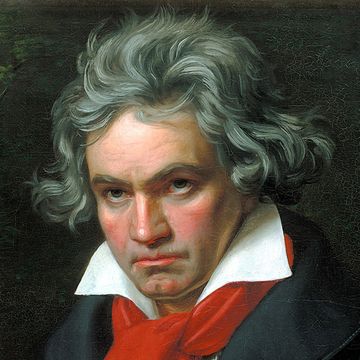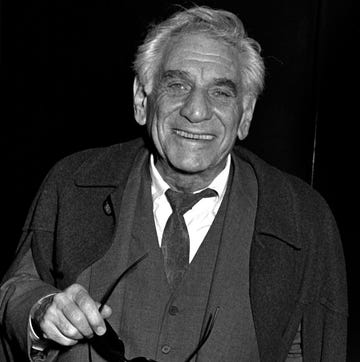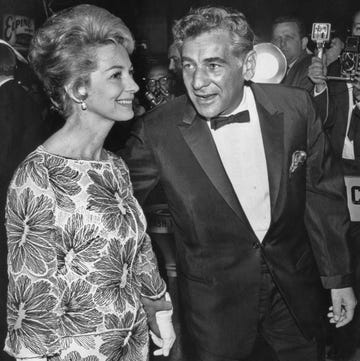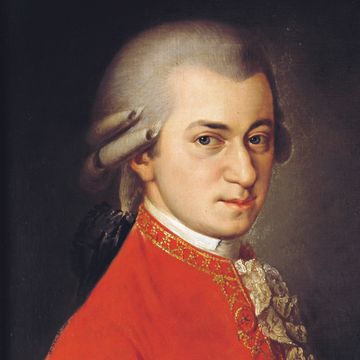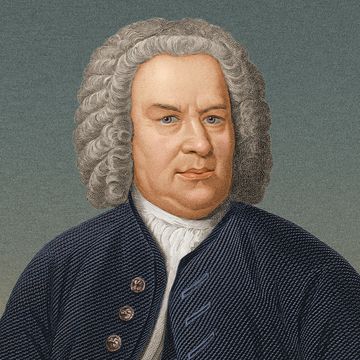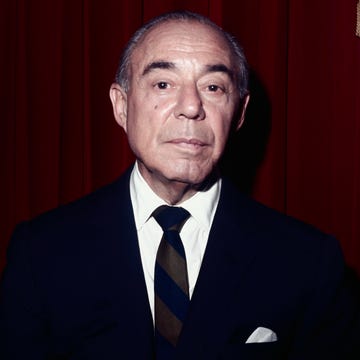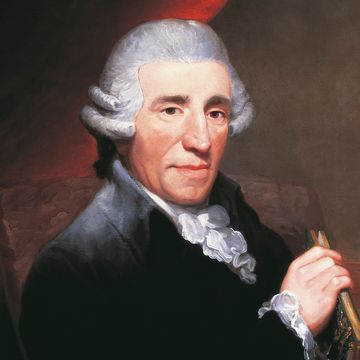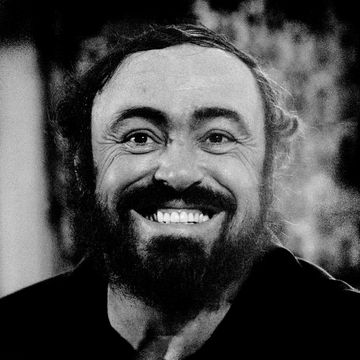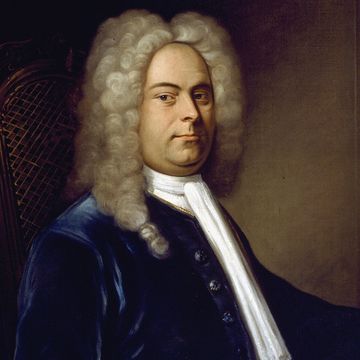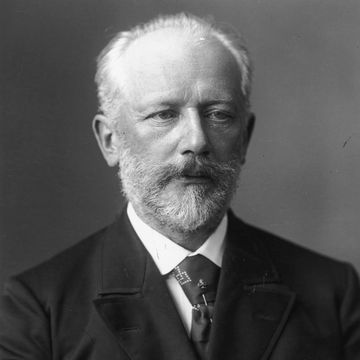(1900-1990)
Who Was Aaron Copland?
Aaron Copland was born in Brooklyn, New York, and went on to study piano and composition and studying in Europe for some time. He became one of the century’s foremost composers with highly influential music that had a distinctive blend of classical, folk and jazz idioms. Some of Copland’s most prominent pieces included Fanfare for the Common Man, El Salon Mexico and Appalachian Spring, for which he won the Pulitzer. An Oscar-winning writer of film scores as well, Copland died on December 2, 1990.
Early Years and Travels
Composer Aaron Copland was born on November 14, 1900, in Brooklyn, New York to parents of Jewish and Eastern European descent. The youngest of five children, Copland went on to develop an interest in the piano, receiving guidance from his older sister. He later studied under Rubin Goldmark in Manhattan and regularly attended classical music performances. At 20 years old Copland opted to continue his studies in Fontainebleau, France, where he received tutelage from the famed Nadia Boulanger.
A Visionary Composer
Studying a variety of European composers while abroad, Copland made his way back to the U.S. by the mid-1920s. Having been asked by Boulanger to write an organ concerto, Copland eventually debuted Symphony for Organ and Orchestra on January 11, 1925 with the New York Symphony Society under Walter Damrosch.
The decade that followed saw the production of the scores that would spread Copland's fame throughout the world. He was concerned with crafting sounds that would be seen as “American” in its scope, incorporating a range of styles in his work that included jazz and folk and connections to Latin America. Some of his most well-known pieces include Piano Variations (1930), The Dance Symphony (1930), El Salon Mexico (1935), A Lincoln Portrait (1942) and Fanfare for the Common Man (1942). Copland later composed the music to Martha Graham’s 1944 dance Appalachian Spring. The following year Copland won the Pulitzer Prize for the piece.
An author as well, Copland published the first edition of the book What to Listen for in Music in 1939, followed by Our New Music (1941) and Music and Imagination (1952). The latter title was shaped by the composer’s Norton Lectures at Harvard, and he also taught at the New School for Social Research.
Oscar for 'Heiress'
Copland was a renowned composer of film scores as well, working on Of Mice and Men (1939), Our Town (1940) and The North Star (1943)—receiving Academy Award nominations for all three projects. He eventually won an Oscar for The Heiress (1949). And more than a decade later, Copland composed a stark, unsettling score for the controversial Something Wild (1961). Selections from his various works would be used in TV series and commercials over the years, as well as films like Spike Lee’s He Got Game (1998).
In his later compositions, Copland made use of a European derived tonal system. By the 1970s, he had ceased crafting new works, focusing on teaching and conducting.
Death
Copland died on December 2, 1990 in North Tarrytown, New York at 90 years old. Having received an array of accolades in his later years, the iconic composer had also worked with Vivian Perlis on a two-volume autobiography, Copland: 1900 Through 1942 (1984) and Copland Since 1943 (1989). A well-received, lengthy biography on his life was published in 1999—Aaron Copland: The Life & Work of an Uncommon Man, by Howard Pollack. And an extensive collection of Copland’s works, including his personal letters and photographs, are held by the Library of Congress.
QUICK FACTS
- Name: Aaron Copland
- Birth Year: 1900
- Birth date: November 14, 1900
- Birth State: New York
- Birth City: Brooklyn
- Birth Country: United States
- Gender: Male
- Best Known For: American composer Aaron Copland is known for works like "Appalachian Spring" and "Fanfare for the Common Man," among many others.
- Industries
- Music
- Astrological Sign: Scorpio
- Schools
- Boys' High School
- American Conservatory in Fontainebleau
- Death Year: 1990
- Death date: December 2, 1990
- Death State: New York
- Death City: North Tarrytown
- Death Country: United States
Fact Check
We strive for accuracy and fairness.If you see something that doesn't look right,contact us!
CITATION INFORMATION
- Article Title: Aaron Copland Biography
- Author: Biography.com Editors
- Website Name: The Biography.com website
- Url: https://www.biography.com/musicians/aaron-copland
- Access Date:
- Publisher: A&E; Television Networks
- Last Updated: October 30, 2020
- Original Published Date: April 2, 2014
QUOTES
- Most of 'Appalachian Spring' and a good part of my Violin Sonata were composed at night at the Samuel Goldwyn studios in Hollywood. An air of mystery hovers over a film studio after dark. Its silent and empty streets give off something of the atmosphere of a walled medieval town. This seclusion provided the required calm for evoking the peaceful, open countryside of rural Pennsylvania depicted in 'Appalachian Spring.'
- Eight out of ten young composers get into teaching. They teach other kids who in turn go out and teach. This has a wonderful effect on the colleges, stimulating interest in music and in the relationship of music to the other arts. But it isn't so good for the composers. They get a little too comfortable, and that is bad for an artist. They begin thinking of the music they can explain to their students, rather than of the music they should be writing.
- I occasionally had the strange sensation of being divided in half—the austere, intellectual modernist on the one side; the accessible, popular composer on the other


